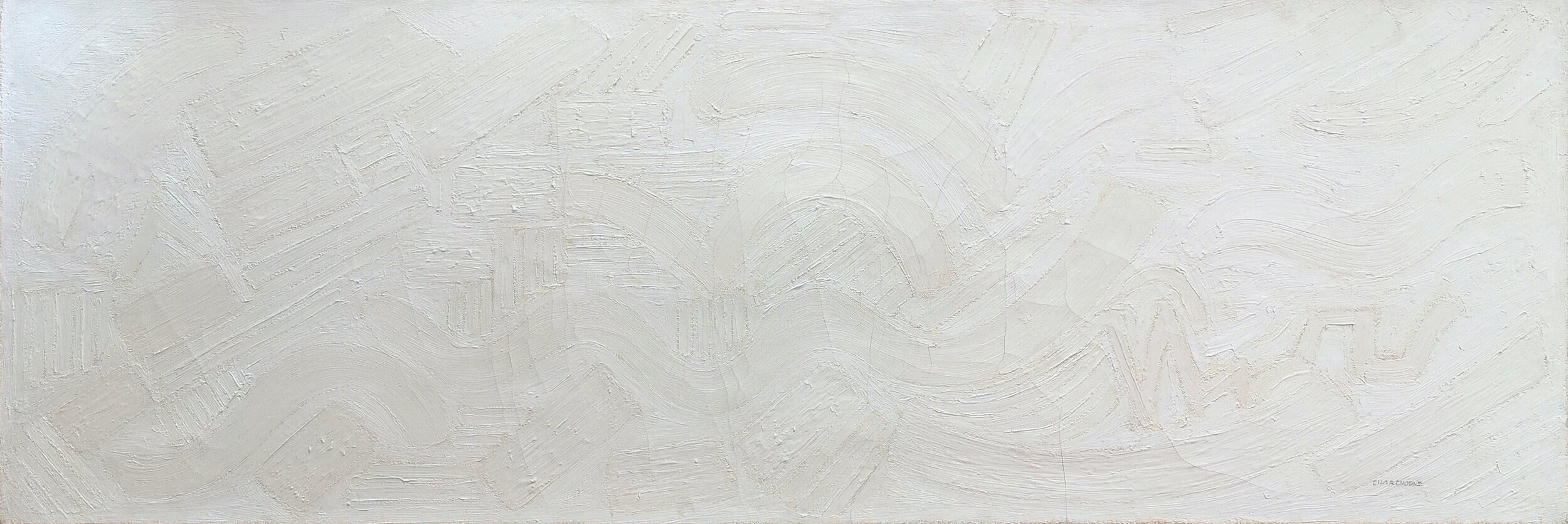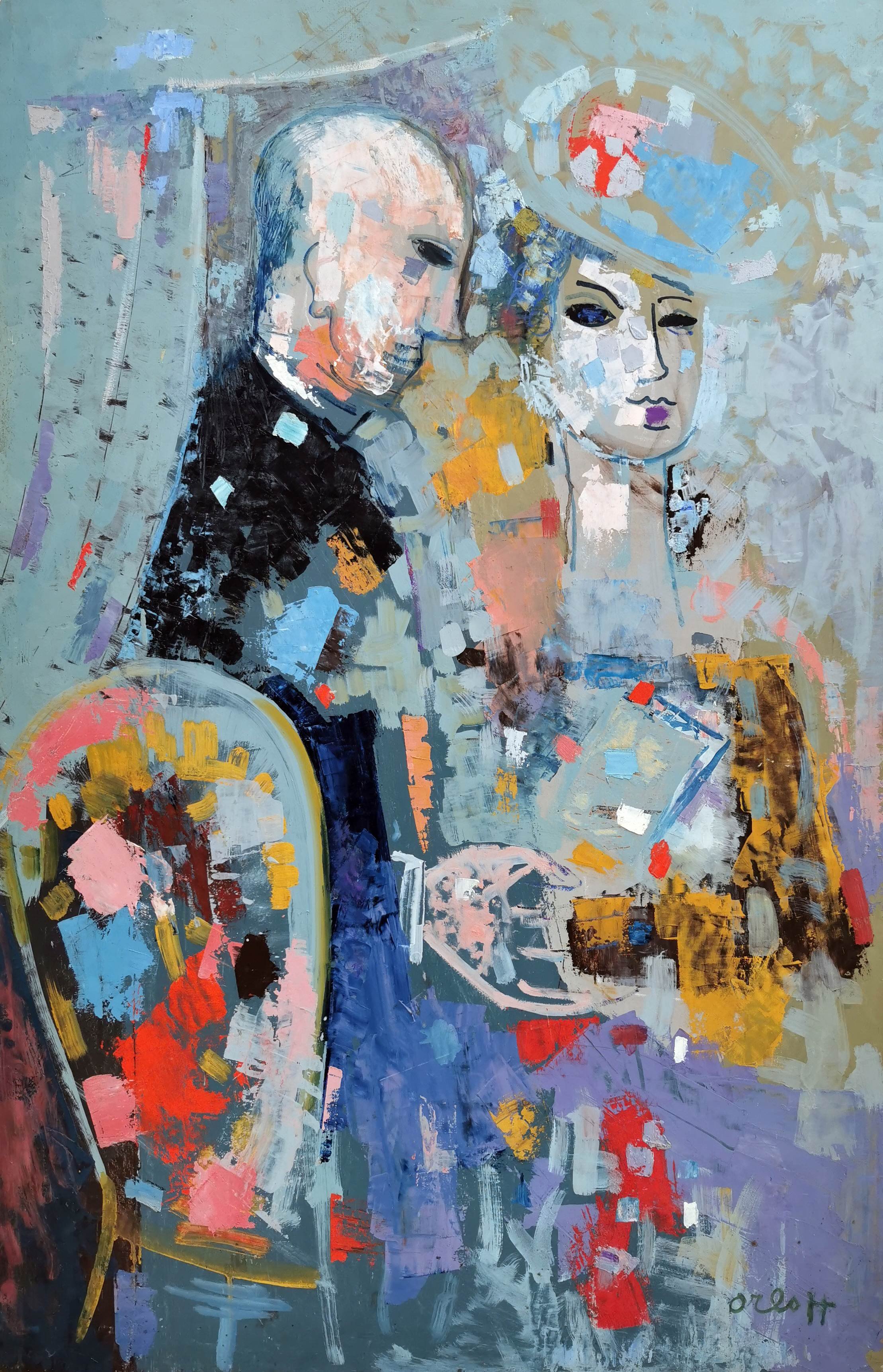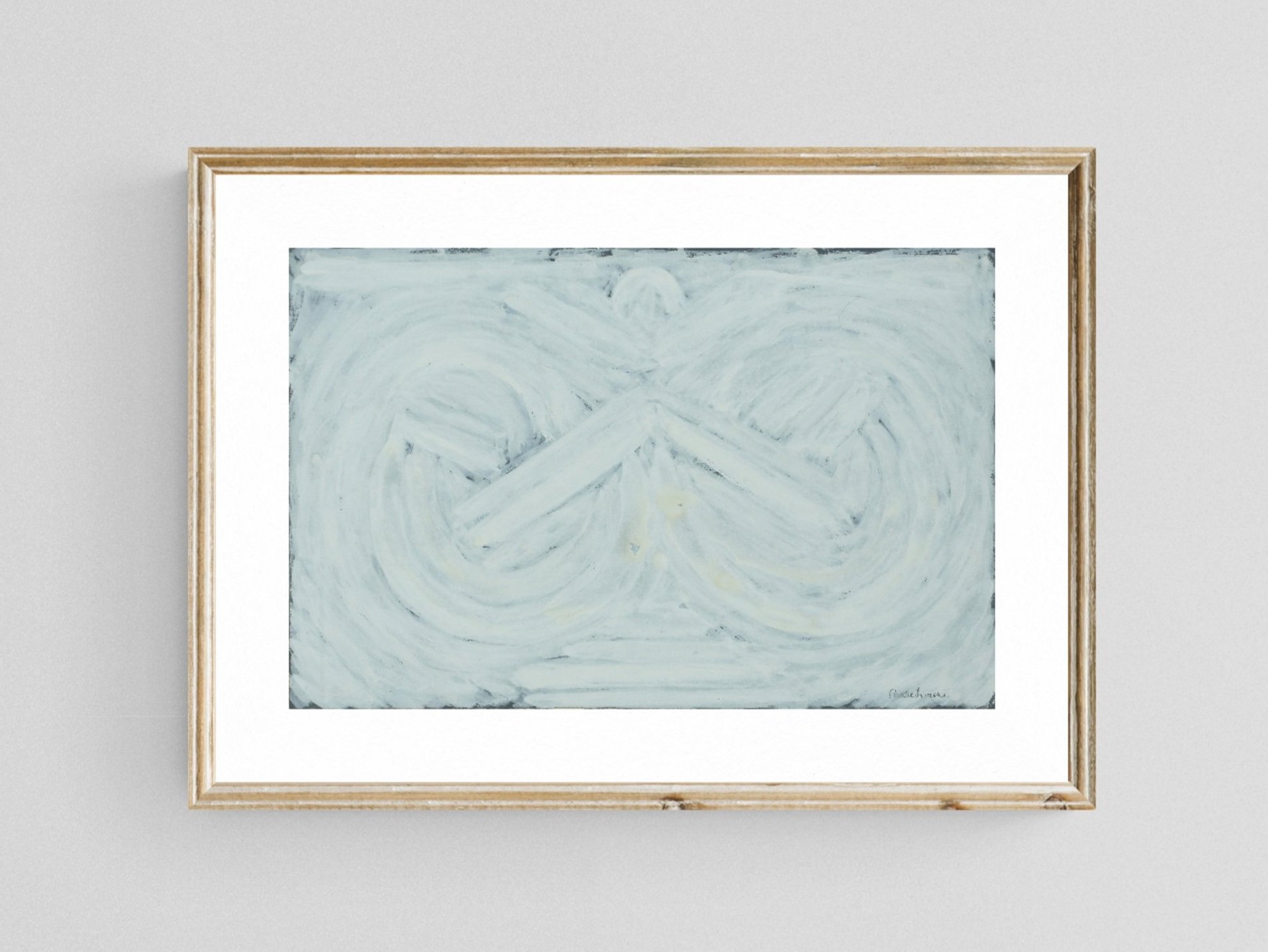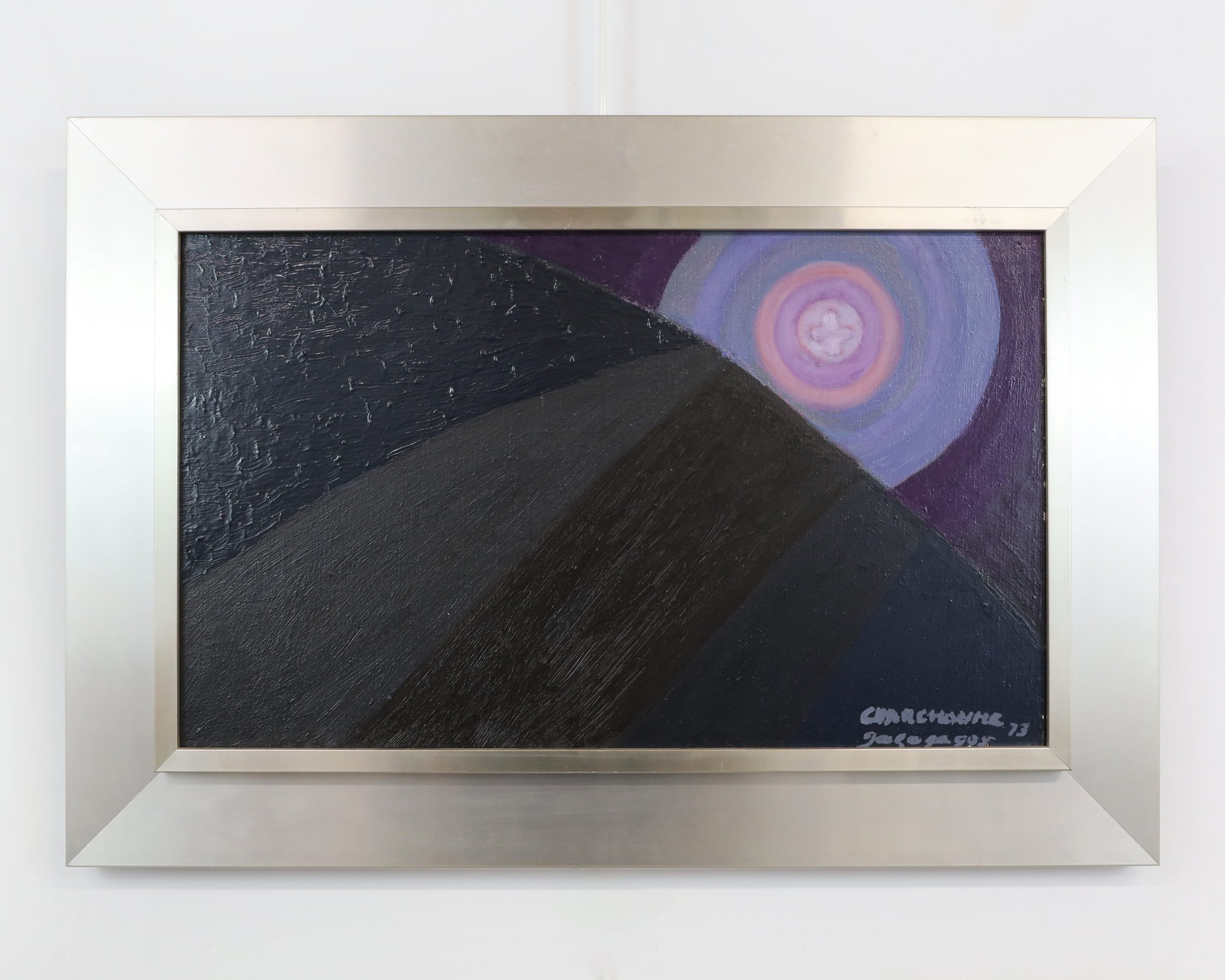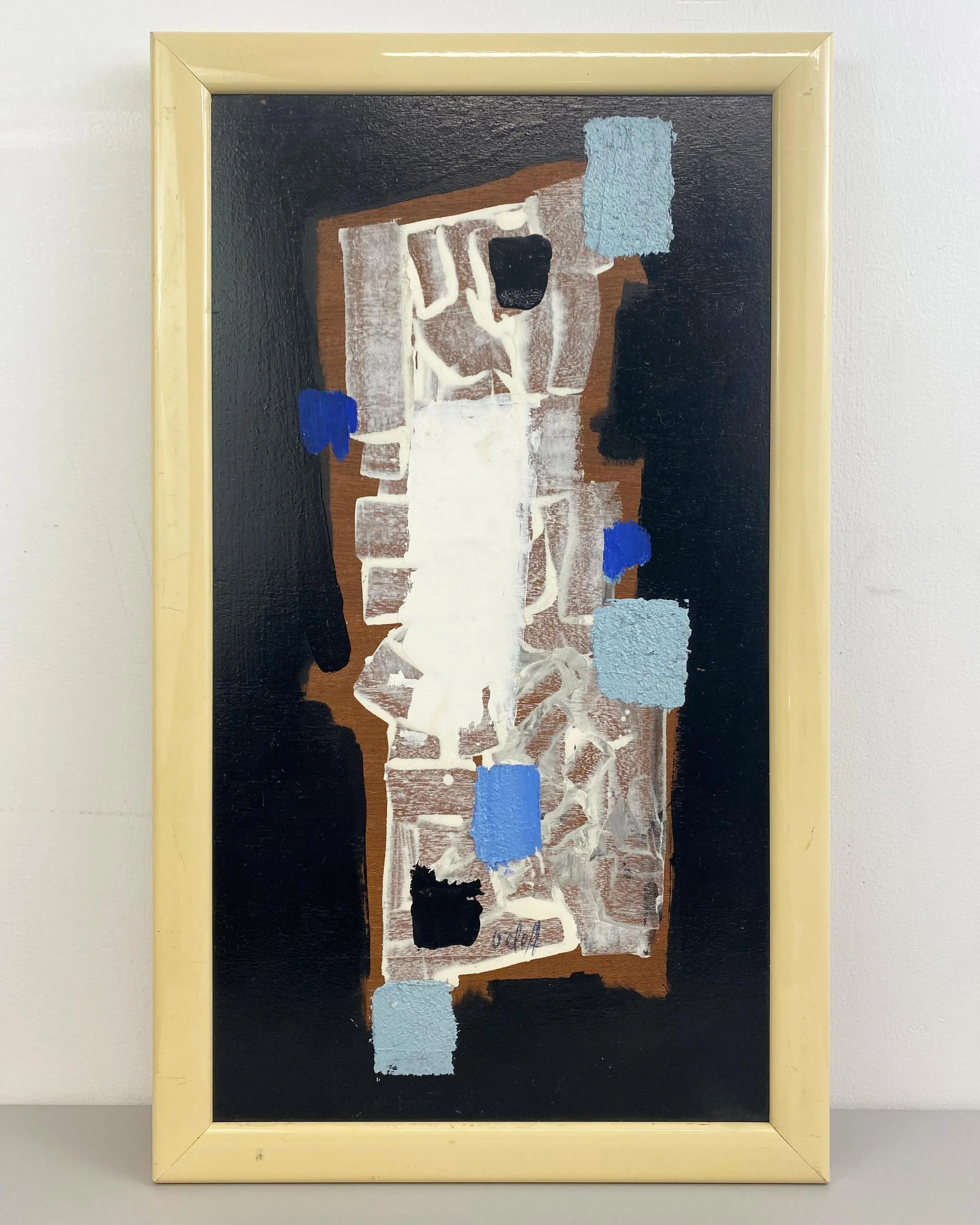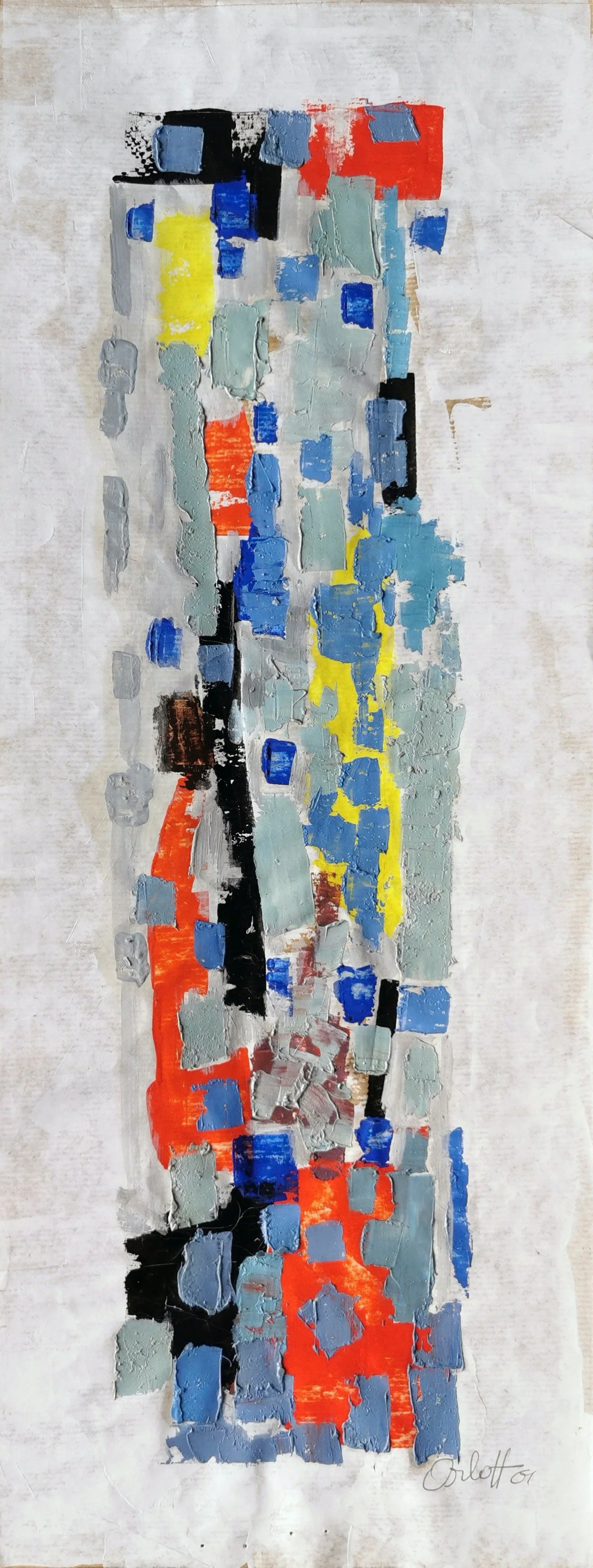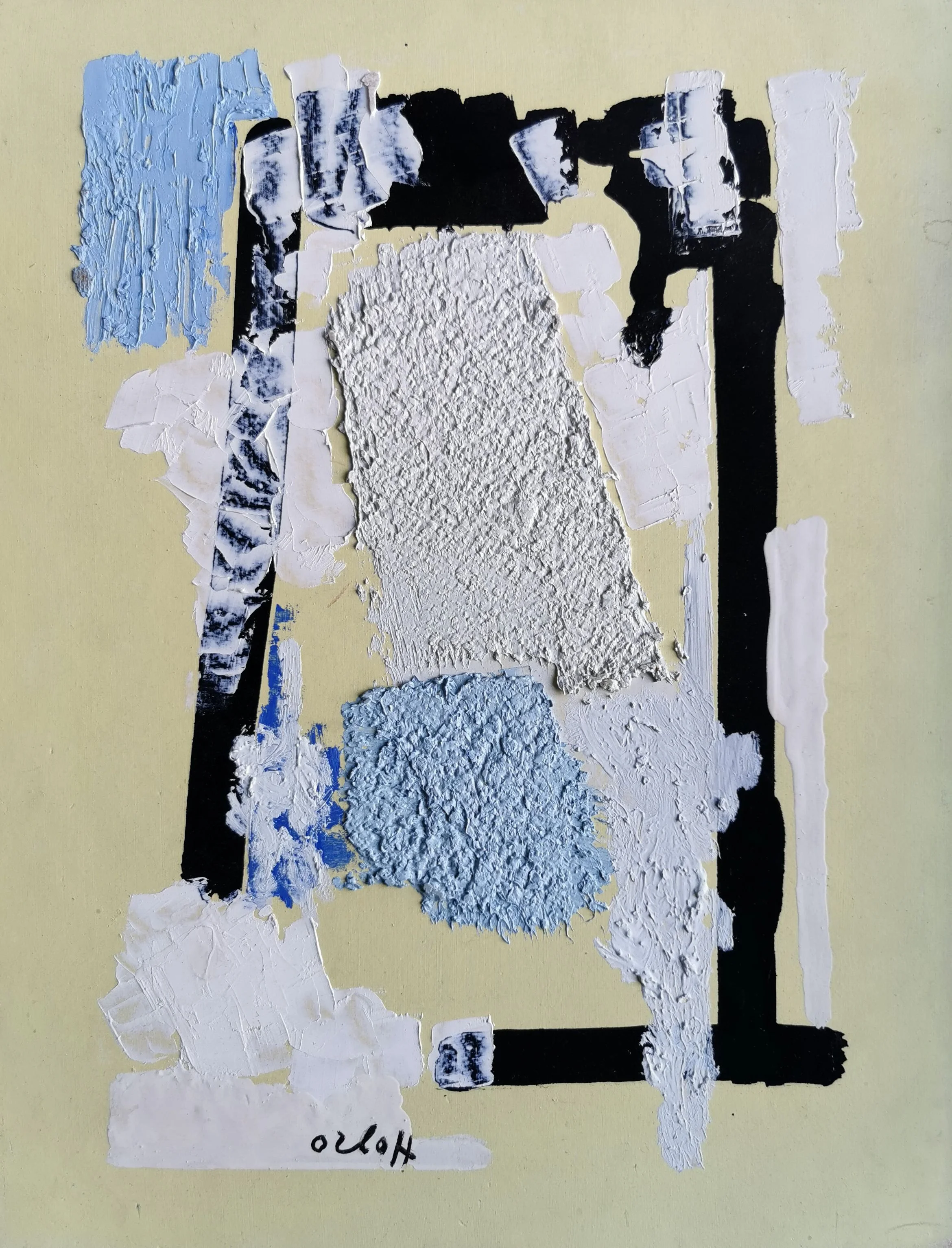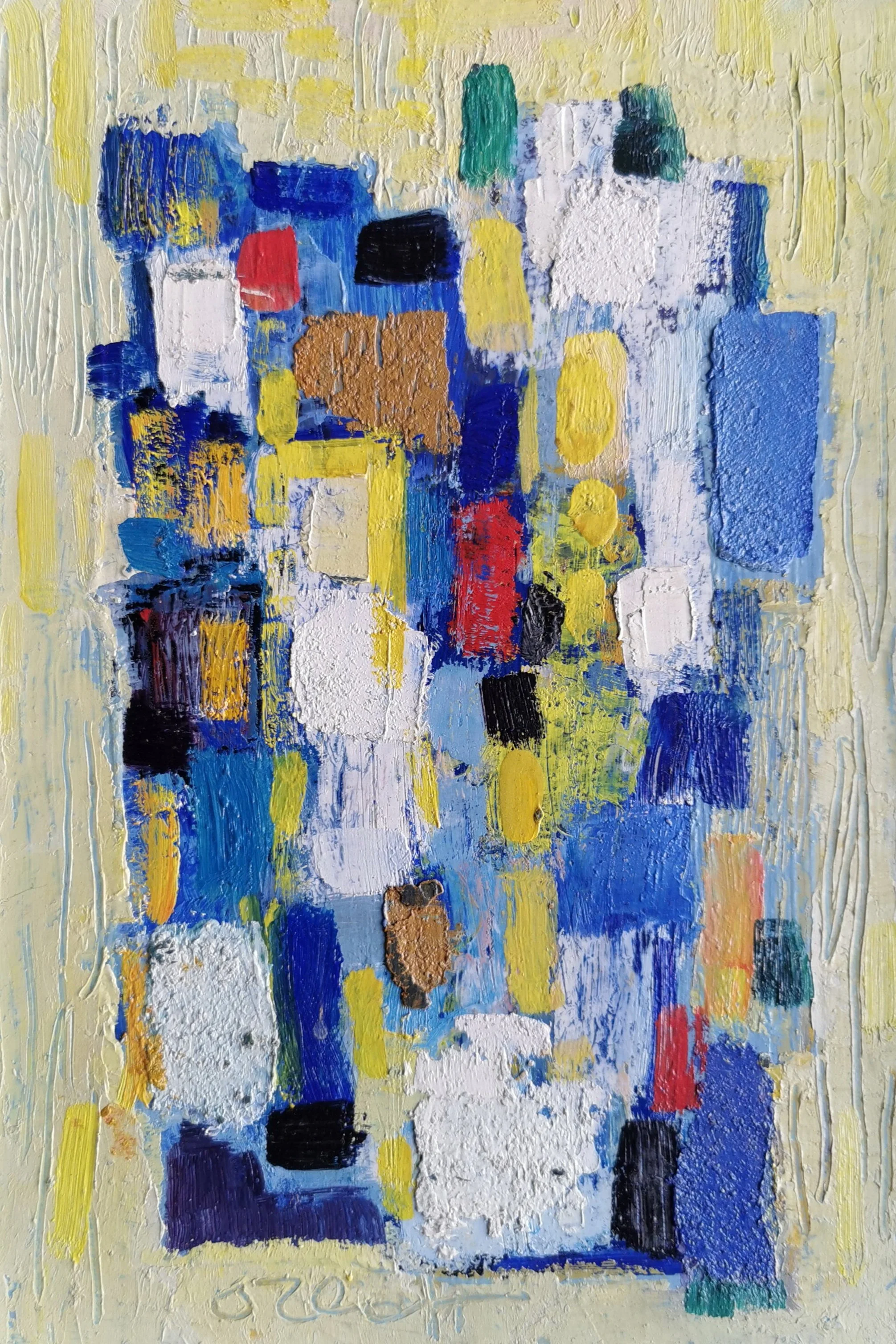Serge Charchoune & Alexandre Orloff: Musketeers of Abstraction
Quad Fine Art is delighted to present 'Serge Charchoune & Alexandre Orloff: Musketeers of Abstraction'. The exhibition showcases the works of two Russian artists that worked in Paris and focuses on their abstract work created in the postwar period. Serge Charchoune and Alexandre Orloff were close friends. By bringing the abstract works of the two artists together the exhibition highlights different approaches to non-figurative painting.
Born in Poland, Alexandre Orloff (Russian: Алексндр Констанинович Орлов) spent his childhood in Voronezh. In 1924 he moved to Prague where he studied, worked, joined artist's societies and began exhibiting. In 1933 Orloff moved to Paris. Alexandre Orloff's style underwent many changes throughout his artistic career, he experimented with Cubism while in Prague, Symbolism in the 1930s and Lyrical Abstraction in the post-war period.
Serge Charchoune (also Sergey Sharshun, Russian: Сергей Ивнович Шаршун) was a Russian artist and poet. He moved to Paris in 1912 and was mainly active in France throughout his life. Closely associated with Cubism, Dada and Surrealism, Charchoune’s work is often described as an ‘alternative’ abstraction. His work is seen as modest and gentle in the atmosphere of aggression and violence seen in his contemporaries.
Alexandre Orloff’s obituary appeared in the Parisian Russian newspaper La Pensee Russe in 1979. The obituary's author describes Orloff as ‘one of the strongest abstract painters of the middle of our (20th) century’, as an artist that ‘managed to reach such musicality, such cosmic symphony in his (abstract) works’. He also mentions that Serge Charchoune often used to often say: ‘Orloff and I – we are the two musketeers of abstract painting’.
Further information
For additional information about the included artists and available works please follow the links below or fill in the form to request additional information for specific works.
Serge Charchoune, Bach Contate Variation 3, 1968. Oil on canvas. 50 by 150 cm.
Serge Charchoune, Heyden: Nocturne (Homage à Wroubel), 1966. Oil on canvas. 50 by 150 cm.
Alexandre Orloff, A Couple, 1960s. Oil on hardboard. 92 by 60 cm.
Alexandre Orloff, Landscape, 1962. Oil on paper, 20 by 42 cm.
Serge Charchoune, Composition blanche, 1955. Gouache on paper. 31,5 by 49 cm.
Serge Charchoune, Galapagos Couchant II, 1973. Oil on canvas. 33 by 56 cm.
Alexandre Orloff, Composition, 1961. Oil on paper. 52 by 21 cm.
Alexandre Orloff, Composition, 1970s. Oil on board. 41 by 23 cm.
Alexandre Orloff, Composition, 1961. Oil on paper. 52 by 21 cm.
Alexandre Orloff, Composition, 1970s. Oil on cardboard. 35 by 27 cm.
Alexandre Orloff, Composition, 1960s. Oil on cardboard. 28 by 19 cm.


